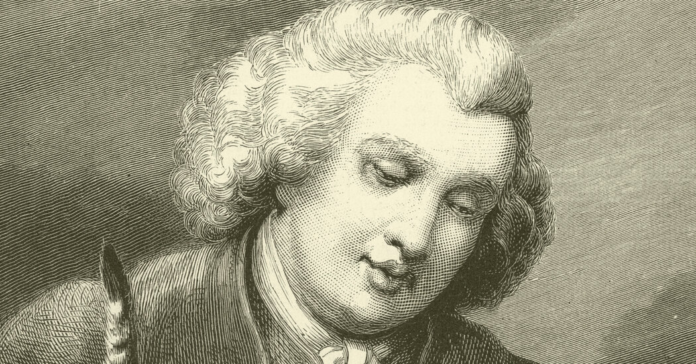Those young men (and women too, several of whom he helped toward publication) must have laughed among themselves at all that their habitually late-sleeping mentor had managed to accomplish in spite of his own advice. They would have cited his elegant Rambler essays, his groundbreaking edition of Shakespeare’s plays and his monumental “A Dictionary of the English Language,” remnants of which survive in any dictionary you’re likely to pick up today. It’s now commonplace in English literature courses to speak of the mid-to-late 18th century as “the age of Johnson.” His contemporaries would not have been surprised.
For Johnson, however, the critical question was not whether he’d accomplished great things but whether he’d accomplished them in proportion to his talents and his limited time. He was hyperconscious of mortality — on his watch was engraved “The night cometh, when no man can work” — and painfully frustrated by his seeming inability to keep the simplest promise to himself. Like almost everyone I know, he felt he should be accomplishing much more than he did.
After so many failed attempts, why even bother? Is there a person who hasn’t faced another year, another birthday, by asking the same thing? Johnson put the question to himself in 1775, when he was 65 years old:
When I look back upon resolutions of improvement and amendments, which have year after year been made and broken, either by negligence, forgetfulness, vicious idleness, casual interruption, or morbid infirmity, when I find that so much of my life has stolen unprofitably away, and that I can descry by retrospection scarcely a few single days properly and vigorously employed, why do I yet try to resolve again? I try because Reformation is necessary and despair is criminal. I try in humble hope of the help of God.
Amid so much lament it’s easy to miss the one resolution Johnson did keep, though to my knowledge he never wrote it down: the resolution to continue resolving. You can see that doggedness as an exercise in futility on Johnson’s part, but I prefer to see it as an act of charity toward himself. If Johnson is known for anything besides his literary accomplishments and his quotable remarks, it is his charity. He housed a motley assortment of needy dependents under his own roof. He pressed pennies into the hands of indigent children sleeping on the London streets. His almsgiving was so well known that he could scarcely leave his lodgings without being accosted by beggars. What was the point? A friend once asked him. “To enable them to beg on,” he said.
Johnson’s determination to resolve on in spite of his failures is undoubtedly an explanation for all he managed to achieve. It’s not hard to find parallels in other great lives and in our own lives as well. His was the familiar case of two steps forward and one step back, a halting progress, to be sure, but progress nonetheless. When is progress, even revolutionary progress, anything other than uneven and incremental? And when is despair, especially in the face of widespread poverty and glaring social injustice, ever anything other than an unconscionable luxury?
Johnson’s personal struggle is worth remembering not only as we form private resolutions to be better people but also as we ponder those collective resolutions repeatedly broken, and in some cases yet to be made, to confront such evils as environmental destruction and systemic racism. Johnson himself called us out on the latter when he notoriously responded to the nascent American Revolution by asking: “How is it that we hear the loudest yelps for liberty among the drivers of Negroes?” A conservative in many things, a self-proclaimed Tory opposed to the purportedly more progressive Whigs, he detested colonialism and once scandalized “some very grave men at Oxford” by proposing a toast “to the next insurrection of the Negroes in the West Indies.”



